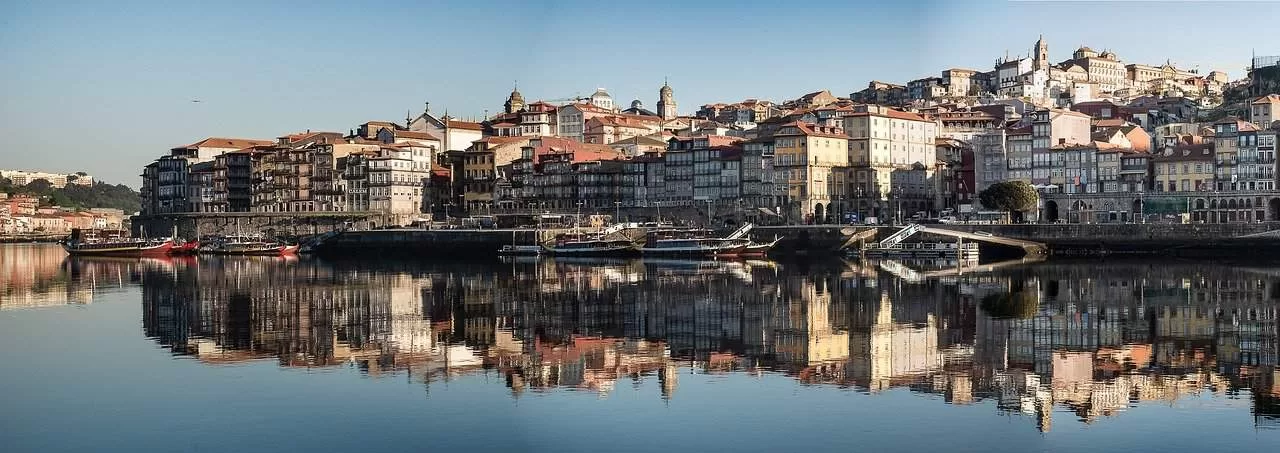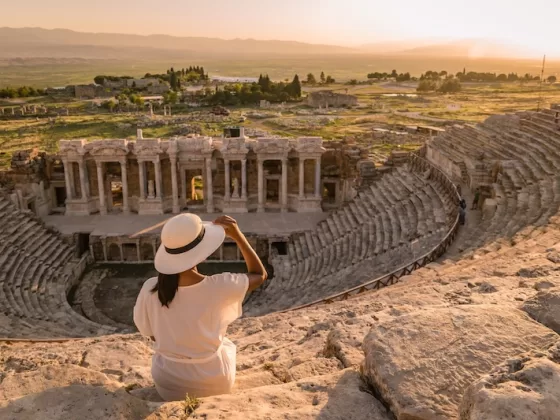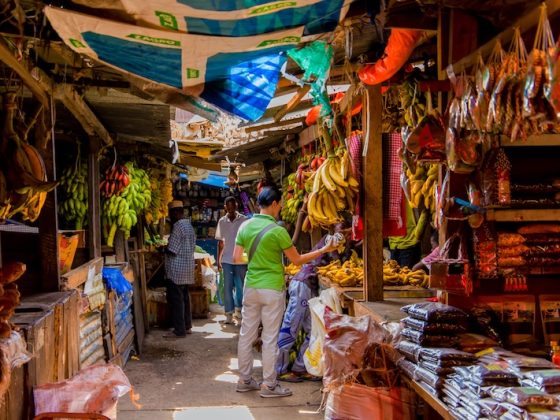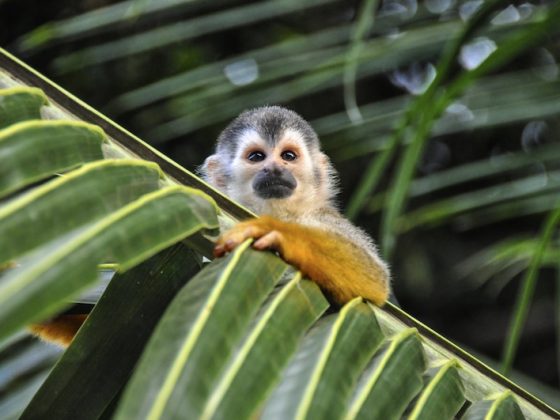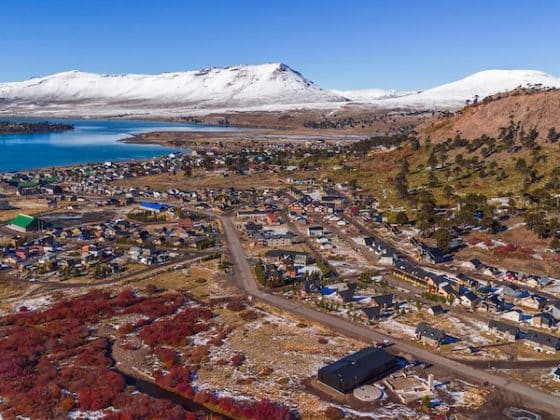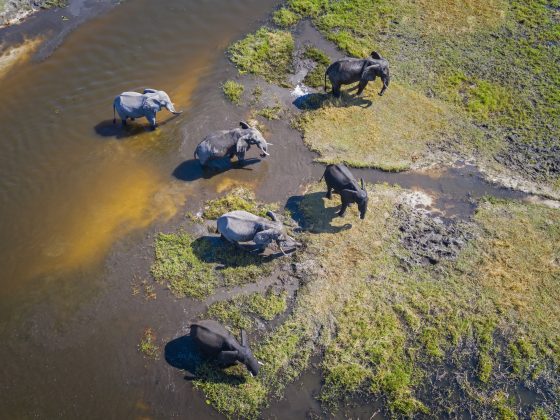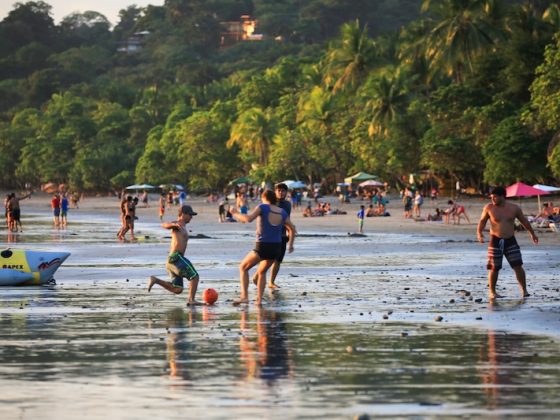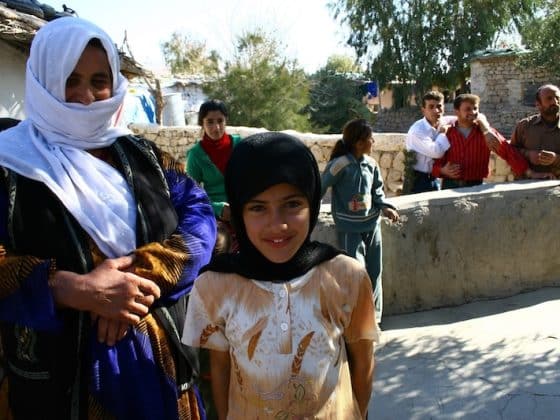Auckland was recently named the world’s happiest city—and for good reason. With its strong public infrastructure, natural beauty, low crime rates, and deeply human pace of life, it offers more than just a place to live. It offers a place to breathe, grow, and to feel genuinely supported.
I never thought I’d move here. In truth, I had barely heard of it. I grew up in Costa Rica, where happiness meant sunny chaos, loud laughter, gallo pinto breakfasts, and the endless soundtrack of birdsong and motorbikes. But love has a strange way of altering geography. One night in Lisbon, over wine and a conversation that felt like electricity, I met someone who would change the trajectory of my life. Two seasons later, I stepped off a plane in New Zealand with a heart full of hope and two suitcases stuffed the tender essentials of my life.
At first, it was for ‘my person’. But over time, it became clear I was also here for something else: peace. Not the quiet kind that asks you to shrink, but the grounded kind that allows you to expand. I didn’t just move for love—I moved for a different life, one I didn’t yet have the language to imagine. And that life was waiting in Auckland.
I moved for a different life, one I didn’t yet have the language to imagine. And that life was waiting in Auckland.

Why Auckland Is the Happiest City in the World
When the 2025 Happy City Index ranked Auckland as the world’s happiest city, I wasn’t surprised. It might not shout its joys the way other places do, but Auckland whispers them into you until you can’t help but listen.
The reasons are practical: excellent healthcare, low crime, lush public parks, clean air, and a strong sense of safety. But the real secret? Balance. Aucklanders don’t live to work. They work just enough to live well. The city itself feels designed for humans, not just for profit—with harbors, volcanic cones, and walking trails that cradle daily life in natural beauty.
Happiness here is infrastructural. You feel it in the silence between honks. In the benches that face green. In the quality of the water that runs from your tap. And in the fact that you’re never more than 30 minutes from a walk that clears your head.
Read more like this: Moving Abroad to Reinvent Yourself
There’s also a social cohesion here that quietly holds people together. Public transport works. Schools are inclusive. And on any given weekend, you can walk into a community festival that welcomes everyone with food trucks, music, and the kind of laughter that doesn’t need translation.
People take time off here. Real time. Sabbaticals aren’t a luxury—they’re a norm. I met someone who spent a month hiking Te Araroa and came back to their job like nothing had changed. Because here, nothing does change—except your pace.
More than that, there’s an invisible architecture of trust. I once dropped my wallet at a market, and it was returned to me within the hour—cash intact. That sense of collective care isn’t just rare—it’s reinforcing.
Two Flavors of Joy
In Costa Rica, joy is sunshine-colored. It arrives with music, friends, family, and food—always food. There is no word for loneliness in the culture I came from, only esperando a alguien (waiting for someone).
Auckland is different. It is introspective, gentle, a city that invites you to befriend solitude. At first, that was disorienting. Where were the late-night street parties, the spontaneous neighbors shouting invitations across balconies?
But here, I found a different kind of richness. Instead of noise, there is intention. Instead of exuberance, there is steadiness. And instead of needing to constantly connect, I learned the value of quietly belonging.
Both cultures love life. But in Costa Rica, it’s a celebration. In Auckland, it’s a quiet commitment.
What surprised me most was how both places, so different in climate and cadence, value well-being in ways that are uniquely cultural. Costa Rica leans on community and tradition; Auckland leans on self-awareness and design. In both, you can live richly. But in Auckland, you learn to live spaciously.
Even the tempo of joy is different. In Costa Rica, happiness is social. In Auckland, it’s sovereign. One teaches you to seek warmth in others; the other teaches you how to find it in yourself.
Here, I found a different kind of richness. Instead of noise, there is intention. Instead of exuberance, there is steadiness. And instead of needing to constantly connect, I learned the value of quietly belonging.

Nature in the City
Auckland is not just a city. It is 53 volcanoes, two harbors, and a hundred little coves where the ocean breathes against black sand. Nature isn’t something you escape. It’s something that cradles your every day.
My morning commute takes me through Cornwall Park, where cows graze under ancient trees and joggers wave as they pass. On weekends, my person and I walk to Mount Eden, where the city unfurls below like a dream too big for a photograph. There are tui birds in the pohutukawa trees, and the scent of sea air never quite leaves your skin.
I joined a community kayak group that meets every Saturday on the Waitematā Harbour. We paddle in silence sometimes, drifting between bays, watching as the city sparkles under a mist of marine light. It’s become a kind of therapy.
Back in Costa Rica, nature was wild and enveloping. In Auckland, it’s curated but not tamed. It partners with the city rather than existing outside of it. That harmony does something to the spirit. It reminds you, quietly, to breathe.
There is a reverence here. Nature isn’t a backdrop. It’s a neighbor. It’s a teacher. It’s part of the reason happiness grows so easily here—because every green space reminds you that you are small, but not insignificant.

Finding Belonging
As an immigrant, I feared loneliness. I braced myself for the cold indifference many cities offer newcomers. But Auckland surprised me.
The welcome was not loud, but it was real. A barista remembered my name. A neighbor brought over a slice of lemon cake just because. A stranger on a hike offered me half his sandwich. There’s a softness here, a sense that people aren’t trying to impress one another—just live well alongside one another.
What also stood out was the embrace of diversity. Auckland is a Polynesian city, a Pacific city, a global city. You hear te reo Māori on the bus and taste Samoan taro at a night market. And people are proud of that. I’ve never felt I had to erase my accent to be understood, or hide my heritage to be welcomed.
I attended my first Matariki celebration last winter—a celebration of the Māori New Year—and I cried. Not because I understood every ritual, but because I felt invited to. There’s power in a city that doesn’t just tolerate difference but builds its soul on it.
Belonging here doesn’t require assimilation. It requires curiosity, respect, and presence.
There’s a softness here, a sense that people aren’t trying to impress one another—just live well alongside one another.
Mental Health and Civic Kindness
Happiness, I’ve learned, is not about the absence of struggle. It’s about how a place helps you carry it. In Auckland, mental health isn’t taboo. It’s part of public conversation. Workplaces offer wellness days. Cafes stock pamphlets on mindfulness. There are phone lines to call, support groups to join, and outdoor spaces designed for reflection.
One morning, after a particularly difficult homesick spell, I found myself crying softly on a park bench. A woman walked by, sat down a few feet away, and said, “You’re not alone, love.”
She didn’t pry. She didn’t ask questions. She simply sat with me until I was ready to move again.
That’s Auckland. Not perfect. Not saccharine. But quietly, persistently kind.
Even the infrastructure here feels like it wants you to succeed. Walkable neighborhoods, public libraries with free mental health events, and local councils that actually return your emails. It’s not dramatic, but it’s deeply humane.
More than any single policy, it’s the cultural bandwidth for softness that sustains well-being here. You’re allowed to feel, to pause, to recover.

What Love Looks Like Now
When I first moved here, love looked one way—bright, consuming, full of promise. But life unfolded, as it does. That love didn’t last. We broke up a few years later, gently, honestly. It was sad, but it was right. Sometimes love teaches you how to begin again—and then lets you go.
Now, love looks different. It lives in solitude, not loneliness—in a city that respects the quiet. Auckland is a place where being alone isn’t a condition to be fixed, but a state that’s deeply respected. People here understand the value of space, of silence, of sovereign joy.
My home is still small. The lemon tree is still in the backyard. The bookshelf we built together still holds more than books—it holds stories of who I’ve been and who I’m becoming. Kora still curls up beside me, as faithful as ever. And I still write, measuring time in paragraphs and morning light.
In Auckland, solitude feels like sanctuary. The culture here—one that leaves room for stillness—makes it easier to be alone without being adrift. It’s a city that doesn’t pressure you to perform wholeness. It trusts that you’ll find it in your own time. Love, like happiness, doesn’t have to announce itself. Sometimes it arrives in silence, and stays because you do.hahaha

I came for love. I stayed for happiness. And in this quiet, rain-washed city at the edge of the world, I found both.
The Happiness of Here
Moving abroad didn’t solve my life. It split it open. It asked hard questions. It peeled back layers I didn’t know I had. But in Auckland, I found answers I didn’t know I was searching for.
Not just a partner, but a pace. Not just a new address, but a new rhythm. Not just love, but a deeper, quieter kind of happiness.
Even now, on my own, I feel held. Because this city doesn’t make solitude a punishment—it makes it a practice. Here, you can be alone and still feel accompanied by the world around you. In the way a neighbor nods in passing, in the stillness of a park bench under an oak tree, in the shared rhythm of strangers walking in the rain.
I came for love. I stayed for happiness. And in this quiet, rain-washed city at the edge of the world, I found both.
So if you’re standing at a crossroads, wondering if a new place could change your life, let this be a quiet yes. Not a promise of perfection. But a chance. A different rhythm. And if you’re lucky, like I was, a double dose of joy—even if it doesn’t look the way you expected.
Read more like this: Things to Know before Moving to New Zealand
About the Author
T. Guzman is an aspiring writer and digital marketer from Costa Rica, now living in New Zealand, where she explores life’s quieter rhythms and stories in between.
Contact Author
"*" indicates required fields
Stay Ahead on Every Adventure!
Stay updated with the World News on Escape Artist. Get all the travel news, international destinations, expat living, moving abroad, Lifestyle Tips, and digital nomad opportunities. Your next journey starts here—don’t miss a moment! Subscribe Now!

